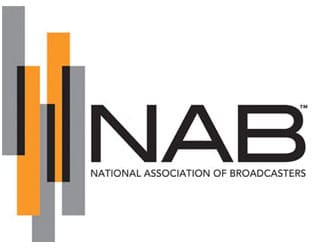According to the rules, about the only time more than two FCC commissioners get to see one another in person is at the monthly Open Meeting or at some other official gathering. A new bipartisan bill from House Commerce Committee members would change all that.
The bill comes from Anna Eshoo (D-CA), John Shimkus (R-IL) and Mike Doyle (D-PA) and is called the Federal Communications Commission Collaboration Act.
According to the legislative trio, “The FCC Collaboration Act would modify current FCC rules to allow three or more Commissioners to hold nonpublic collaborative discussions, as long as no agency action is taken. The legislation would also ensure that a member of each political party is represented in any such discussions.”
Eshoo said, “The FCC has the responsibility to tackle the nation’s most pressing communications issues, from spectrum reform to universal service and public safety. But the Closed Meeting Rule prevents simple collaboration or discussion of these issues, outside of a formal setting. I’m pleased to introduce legislation to modify this restrictive rule to promote greater discussion among the five FCC Commissioners so they can benefit from each other’s expertise and experience.”
Added Shimkus, “I have had many conversations with my colleagues from both sides of the aisle about this outdated rule and the need to pass reforms regarding the FCC. I believe the Commissioners would be able to better work together if they were also allowed to have ongoing discussions about the issues that are facing the Commission. Getting people together to talk always leads to better results.”
FCC Commissioner Michael Copps, who has long jockeyed for just such an act, also weighed in. He said, “I am thrilled that Congresswoman Anna Eshoo, Congressman John Shimkus, and Congressman Mike Doyle have introduced the Federal Communications Commission Collaboration Act. If there is only one action we could take this year to reform the FCC, this should be it. The inability of Commissioners to get together and talk as a group makes zero sense. The statutory bar on more than two Commissioners talking together outside a public meeting has had pernicious and unintended consequences—stifling collaborative discussions among colleagues, delaying timely decision-making, discouraging collegiality and short-changing consumers and the public interest. For almost a decade I have seen first-hand and up close the heavy costs of this prohibition.”




